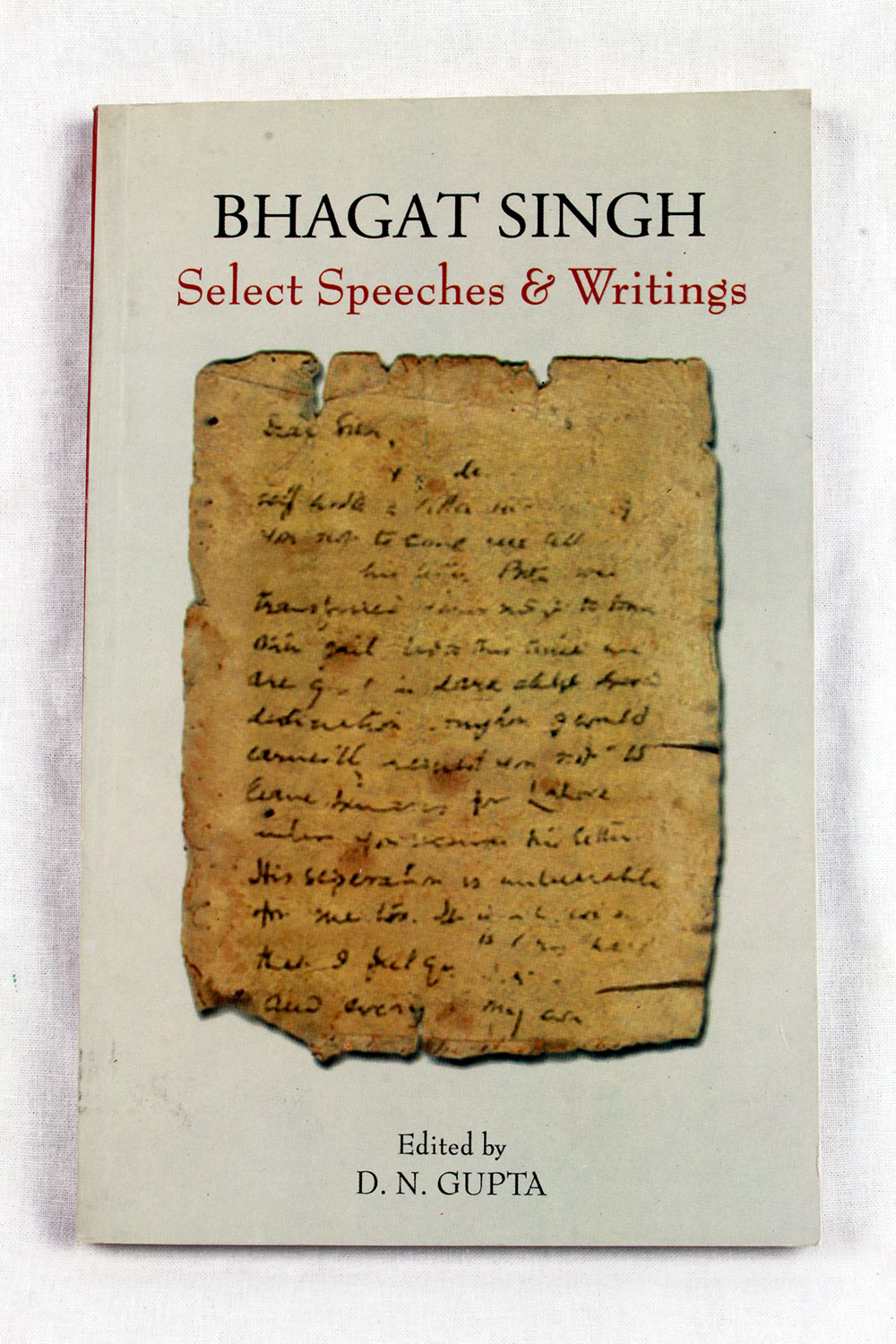Related products
This book made history. It wasn’t banned, not quite, when it first appeared in 1984, but its disappearance was cleverly managed so that few got to read the only authentic account of how a protected kingdom became India’s twenty-second state. As the Hon. David Astor, editor of The Observer in London, wrote, Sunanda K. Datta-Ray was ‘alone in witnessing and communicating the essential story’. He had to surmount many obstacles and incur severe disapproval to do so. Nearly thirty years later, a revised edition with the author’s long new introduction reads like an exciting thriller. Rich with dances and durbars, lamaist rituals, intrigue and espionage, it brings vividly to life the dramatis personae of this Himalayan drama—Sikkim’s sad last king, Chogyal Palden Thondup Namgyal, and his vivacious American queen, Hope Cooke; bumbling Kazi Lendhup Dorji and his scheming Kazini, whose nationality and even her name were shrouded in mystery, and who played into the hands of more powerful strategists. Citing documents that have not been seen by any other writer, the book analyses law and politics with masterly skill to recreate the Sikkim saga against the background of a twentieth-century Great Game involving India and China. Smash and Grab: Annexation of Sikkim didn’t only make history. It is history.
The Art of War, an ancient Chinese text dating from the Spring and Autumn period of the fifth century BC., is a military treatise attributed to the military strategist, Sun Tzu, also called Sunzi. Each of the thirteen chapters discusses a different aspect of warfare and how it applies to military strategy and tactics. For nearly 1,500 years, it was the lead text in an anthology, which in 1080 became known as Seven Military Classics by the Emperor Shenzong of Song.
Publisher : FP
‘To be sure, When Google Met WikiLeaks is a vital book, an admirably direct and clear-eyed attempt to make sense of the modern-day privacy and freedom of speech debates’—The Sunday Guardian
‘For those interested to know how present-day geopolitics, surveillance, censorship and publishing (if not foreign policy itself) are being shaped by the gods of the internet, this is recommended reading’—The Telegraph
‘In When Google Met Wikileaks, Assange makes a case for the dark net by suggesting that the open web site we all know best has sinister intentions’—The Independent
‘The most important accomplishment of the book may be the connection Assange establishes between the Google Politic and the ambitions set loose in Digital Age’—Prague Post
Georgy Valentinovich Plekhanov, 1857–1918, a Russian revolutionary and founder of Marxism in Russia and known as the “Father of Russian Marxism.” His best works in the fields of history, philosophy, aesthetics, social and politics, especially the philosophy of historical materialism, were contributions that very valuable for the development of scientific thought and progressive culture.
Publisher: Aakar Books (1869)






Reviews
There are no reviews yet.